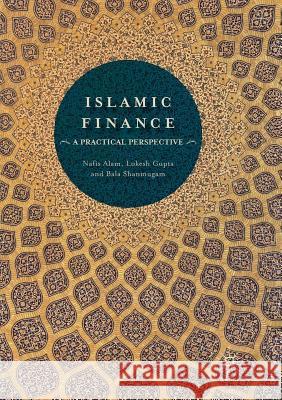Islamic Finance: A Practical Perspective » książka
topmenu
Islamic Finance: A Practical Perspective
ISBN-13: 9783319882727 / Angielski / Miękka / 2019 / 481 str.
Kategorie:
Kategorie BISAC:
Wydawca:
Palgrave MacMillan
Język:
Angielski
ISBN-13:
9783319882727
Rok wydania:
2019
Wydanie:
Softcover Repri
Ilość stron:
481
Waga:
0.59 kg
Wymiary:
21.01 x 14.81 x 2.57
Oprawa:
Miękka
Wolumenów:
01
Dodatkowe informacje:
Wydanie ilustrowane











